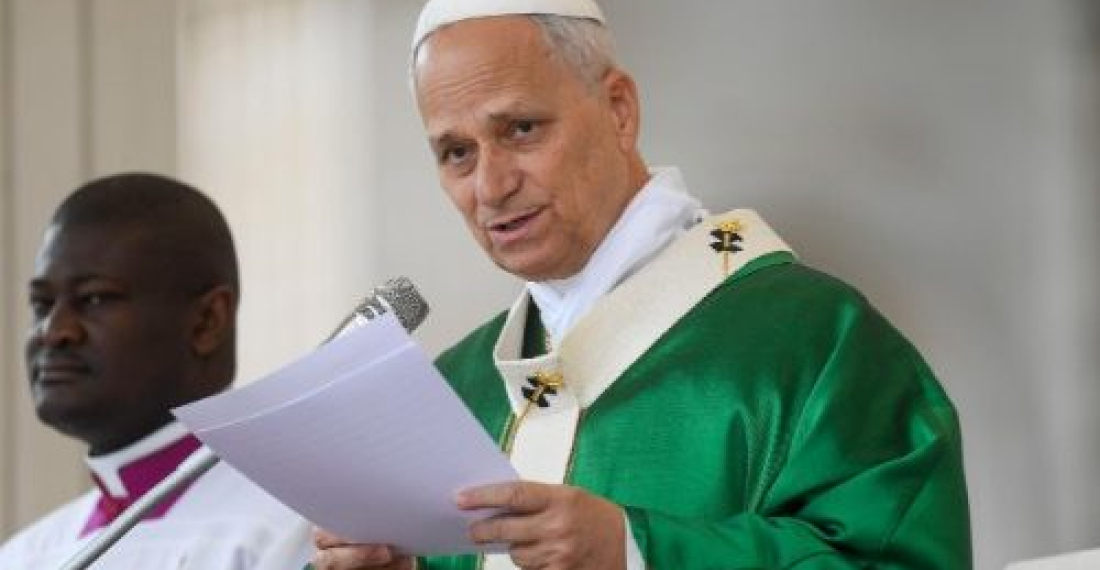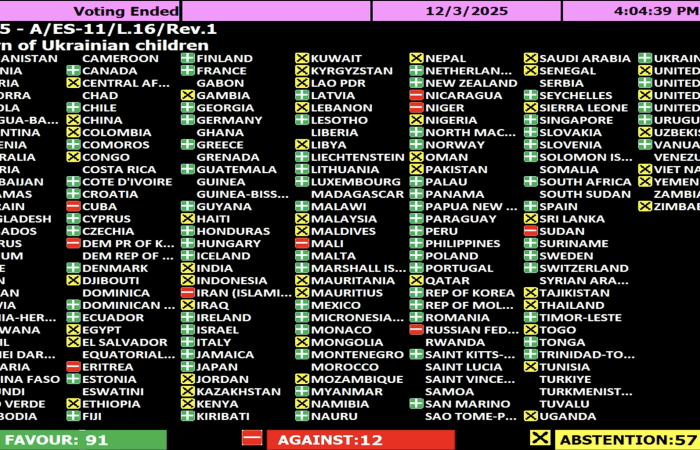Pope Leo XIV’s first journey outside of Italy will see him travelling to Türkiye and Lebanon later this month, from 27 November – 2 December 2025, on the occasion of the 1700th anniversary of the First Council of Nicea.
The Holy See released the schedule for the pope’s journey, which will begin in Türkiye on 27 November. In the capital, Ankara, the pope will meet with the nation’s President, Recep Tayyip Erdogan, before addressing Turkish authorities, representatives of civil society, and members of the diplomatic corps. At the end of the day, the pope will travel by plane from Ankara to Istanbul.
After a short helicopter flight to Nicea – modern İznik – the Holy Father will participate in an ecumenical prayer service near the archaeological excavations of the ancient Basilica of Saint Neophytos.
Returning that same day to Istanbul, the Pope will meet with bishops in the Apostolic Delegation.
On Saturday, 29 November, Pope Leo will begin his day with a visit to the Sultan Ahmed Mosque – the famous “Blue Mosque” before meeting privately with leaders of the local churches and Christian communities at the Syriac Orthodox Church of Mor Ephrem.
In the afternoon, he will take part in a Doxology at the Patriarchal Church of Saint George, the seat of the Ecumenical Patriarchate of Constantinople. Following the service, Pope Leo XIV with meet with Ecumenical Patriarch Bartholomew I, with the two leaders signing a Joint Declaration in the Patriarchal Palace.
The day will conclude with Holy Mass celebrated in Istanbul’s Volkswagen Arena.
The pope's schedule for Sunday, 30 November,the feast of St Andrew the Apostle, begins with a prayer visit to the Armenian Apostolic Cathedral.
Later that morning, Pope Leo will attend a Divine Liturgy at the Patriarchal Church of Saint George. Following an ecumenical blessing at the conclusion of the liturgy, the Pope will have lunch with Ecumenical Patriarch.
In the afternoon, after a farewell ceremony at Istanbul’s Atatürk Airport, Pope Leo XIV with begin the second leg of his Apostolic Journey by flying to Beirut, Lebanon. Upon his arrival, the pope will meet with hold separate meetings with the President of the Republic, the President of the National Assembly, and the Prime Minister of Lebanon. He will then give his customary address to Lebanese authorities, representatives of civil society, and members of the diplomatic corps.
Pope Leo has a busy day on Monday, 1 December, beginning with a visit to the tomb of St Charbel Maklūf at the Monastery of Saint Maroun in Annaya. From there, he travels to the Shrine of Our Lady of Lebanon in Harissa, where he will meet with bishops, priests, consecrated persons and pastoral workers. The morning concludes with a private meeting with Catholic Patriarchs in the Apostolic Nunciature.
In the afternoon, Pope Leo will hold an ecumenical and interreligious meeting in Martyrs’ Square in Beirut. Later, in the square in front of the Maronite Patriarchate of Antioch in Bkerké, Pope Leo will meet with young people of Lebanon.
The final day of the pope’s journey, Tuesday, 2 December, will see him visiting staff members and patients of the De La Croix Hospital in Jal Ed Dib. Pope Leo will then have the opportunity for silent prayer at the site of the Beirut Port explosion, which occurred in 2020.
The pope will then celebrate Holy Mass at the Beirut Waterfront, the final major event of the journey to Lebanon., before returning to the Vatican.
Source:commonspace.eu with Radio Vaticana ( Vatican City)
photo: Pope Leo XIV






